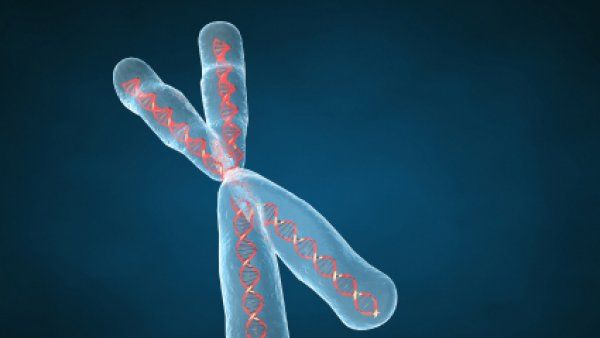University of California San Francisco
-
-
The man behind the sequencing of the coronavirus could have keys to the disease
-
Scientists Identify 69 Drugs to Test Against the Coronavirus
-
Hundreds of Scientists Scramble to Find a Coronavirus Treatment
-
Donors Rally to Support UCSF Doctors and Scientists Working to Conquer COVID-19
Thousands of UCSF health care workers are mobilizing to prepare for the potential influx of patients sickened by COVID-19, even as hundreds of UCSF scientists race against time to defeat the deadly respiratory virus impacting communities around the world.
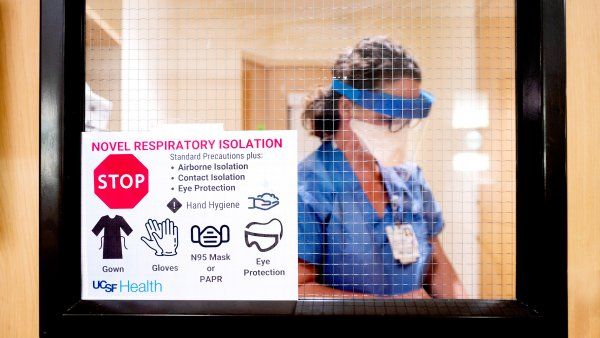
-
Statement on UCSF Health’s Drive to Increase Testing Capacity for Coronavirus
To meet the increased need for COVID-19 testing that is likely to emerge in the Bay Area in the coming weeks, UCSF Health, with support from the Chan Zuckerberg Initiative (CZI) and CZ Biohub, is now working to significantly expand our testing capacity for our patients.
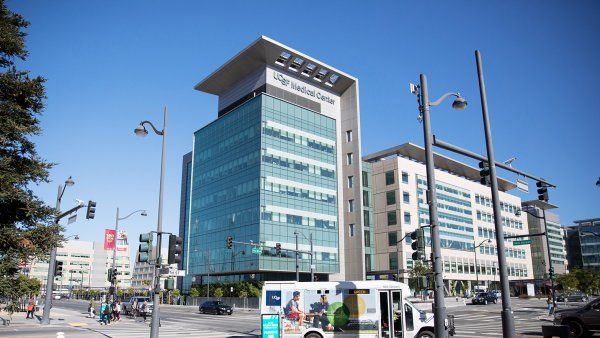
-
Urine Test Can Detect Likelihood of Kidney Transplant Rejection
A simple urine test can diagnose and predict acute rejection in kidney transplants, leading to an opportunity for earlier detection and treatment, according to a new study by researchers at UCSF.
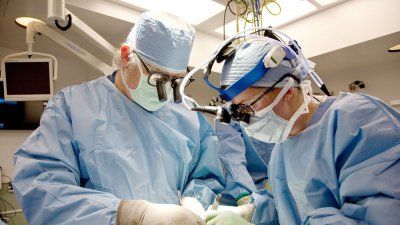
-
Letter to the UC Community from President Janet Napolitano About COVID-19
Our campuses and the UC Office of the President have made alternative arrangements and provisions to enable students and employees to reduce the risk of community spread by minimizing face-to-face interactions, reducing commuting and travel, and enabling social distancing.

-
UCSF Schools Shine in 2021 U.S. News Best Graduate Schools Rankings
UCSF’s schools of medicine, nursing and pharmacy all received high rankings in this year’s U.S. News & World Report survey of best graduate and professional schools.
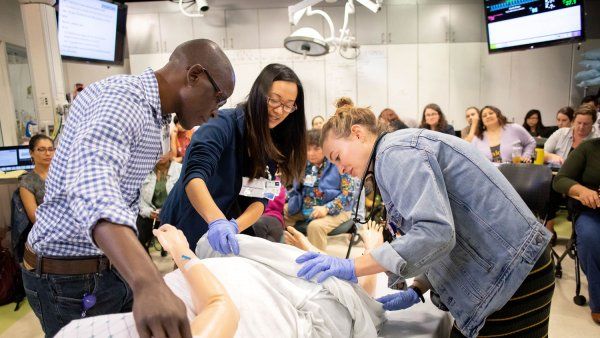
-
UCSF Issues Escalated COVID-19 Policies and Guidance
The overriding goal of this action is the critical need to limit community transmission.

-
Statement on COVID-19 Panel Discussion Notes That Were Attributed to UCSF
To allay some confusion about a document on the COVID-19 pandemic that was attributed to UCSF last week on social media and in the press – in many cases carrying our official university logo – we’d like to provide some background.

-
UCSF Health Expands Visitor Restrictions in Hospital and Clinics Amid COVID-19 Outbreak
In accordance with an order from San Francisco Health Officer Tomas Aragon, UCSF Health will restrict visitors and UCSF personnel not directly involved with providing patient care and maintaining the UCSF Health infrastructure from its San Francisco hospitals effective March 14.

-
Why Experts Are Urging Social Distancing to Combat Coronavirus Outbreak
As number of COVID-19 cases grows in the U.S., cities are canceling events and closing schools and businesses are urging employees to work from home if possible. UCSF epidemiologists Jeff Martin, MD, MPH, and George Rutherford, III, MD, explained why these measures are being taken and what each of us can do to slow the outbreak and help to save lives.
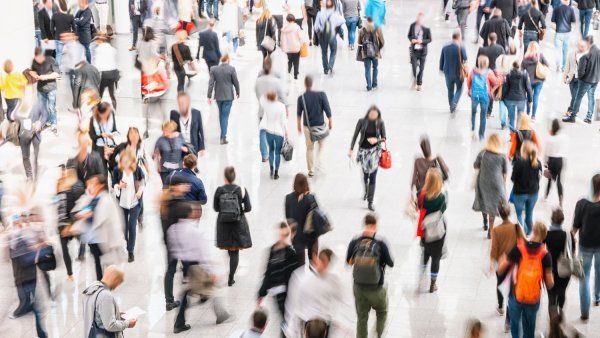
-
UCSF Health Statement on Coronavirus Test Availability
The current capacity allows UCSF Health to cover the current needs for our hospitalized patients and those entering through the Emergency Department each day, with some additional testing for patients at the UCSF outpatient Respiratory Screening Clinic who are suspected of having the virus.

-
Worried About Coronavirus? If Your Loved One Is Over 60, Read This
-
Experts Shine Light on Kidney Disease, Share Hopes for the Future
We asked a team of UCSF kidney experts – including nephrologist, a transplant surgeon, a transplant pharmacist and a bioengineer – to shine a light on the problem of kidney disease and share their hopes for the future.
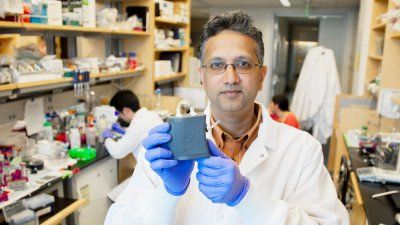
-
We Should Send Women on a Mars Mission
-
5 Things a Chief of Emergency Medicine Wants You to Do Right Now During the Coronavirus Outbreak
-
UCSF Health Responds to COVID-19 Needs
UCSF Health is actively preparing for a potential increase in patients arriving at our hospitals due to COVID-19.
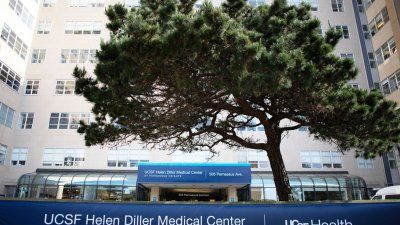
-
James Fraser Delivers 2020 Byers Award Lecture on the War Against Antibiotic-Resistant Infections
Fraser discussed science’s evolutionary arms race against bacteria when he delivered the 2020 Byers Award Lecture in Basic Science on March 3.
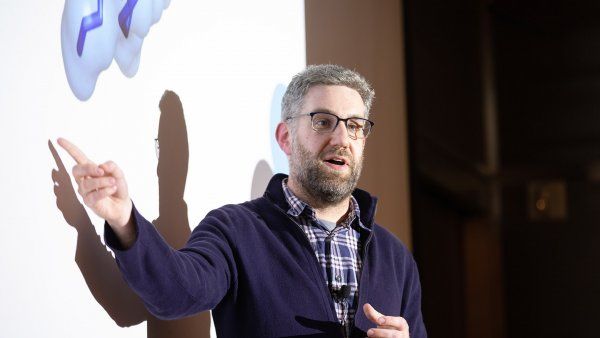
-
Cognitive, Functional and Psychological Condition Affect Surgery Risk in Older Patients
Based on findings from a new study, future research should examine how to incorporate functional, cognitive and psychological factors in the pre-surgery assessment of older adults.
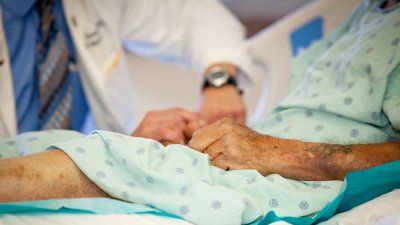
-
A Disease Tracker Backed by Gates and Zuckerberg Tackles Covid-19
-
Other Countries Are on Lockdown to Contain Coronavirus. Could It Happen in SF?
-
Cellular SOS: CRISPR Technique Reveals How Cell’s ‘Power Plants’ Activate Emergency Response
UC San Francisco researchers have finally identified the cellular circuit responsible for conveying stress signals from inside mitochondria to the integrated stress response, a discovery that may have important implications for treating the many debilitating diseases associated with mitochondrial stress.
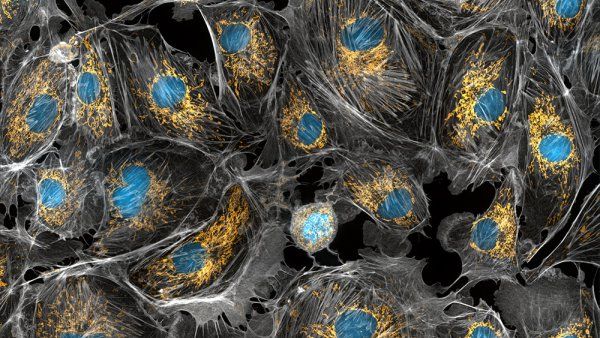
-
Weill Neurohub Launches with Investments in Foundational Projects
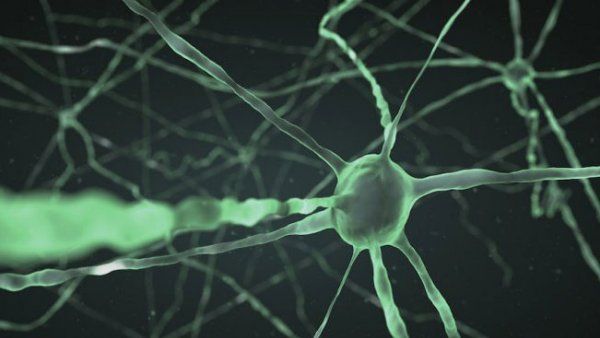
-
Superfast Brain Circuit Slams the Brakes on Movement
A new UCSF study of patients with Parkinson’s disease has revealed a pathway that transmits signals very rapidly between two parts of the human brain to govern the complex act of halting a motion once it’s been initiated.
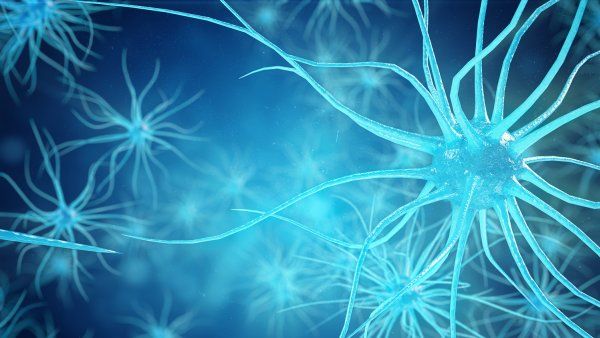
-
National Paid Maternity Leave Makes Sense for Mothers, Babies and Maybe the Economy
New mothers who are entitled to paid maternity leave beyond a few weeks’ duration are more likely to have better mental and physical health.
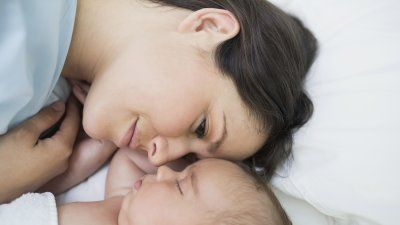
-
Feeling Anxiety About Coronavirus? A Psychologist Offers Tips to Stay Clearheaded
As cases of the novel coronavirus infection, COVID-19, increase across the U.S., many people may be feeling anxious. We spoke with UC San Francisco psychiatrist Elissa Epel, PhD, who studies stress, about the difference between anxiety and panic, and steps you can take stay calm and prepared.

-
‘Real-World’ Data from Health Systems Reveal Opportunities for Blood Pressure Improvement
Uncontrolled blood pressure is the leading cause of preventable death in the United States even though existing medications, when prescribed and taken according to guidelines, work well. A new analysis of electronic health records (EHRs) led by a UCSF scientist, as many as 40 percent of the roughly 80 million Americans with high blood pressure may not have the condition under control.
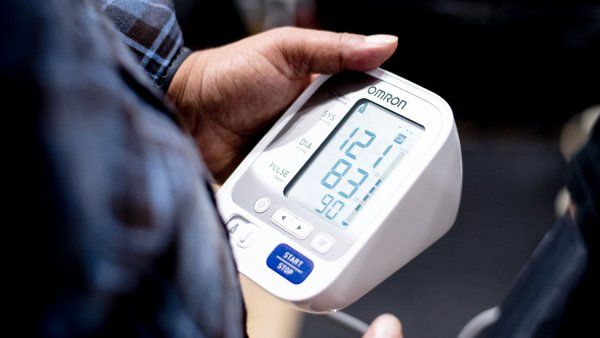
-
Scientists Unravel Mystery of Rare Genetic Disorder that Causes Intellectual Disability in Females
UCSF scientists have made a significant advance toward understanding a rare genetic condition, almost exclusively affecting females, that results in a broad spectrum of neurodevelopmental deficits.
